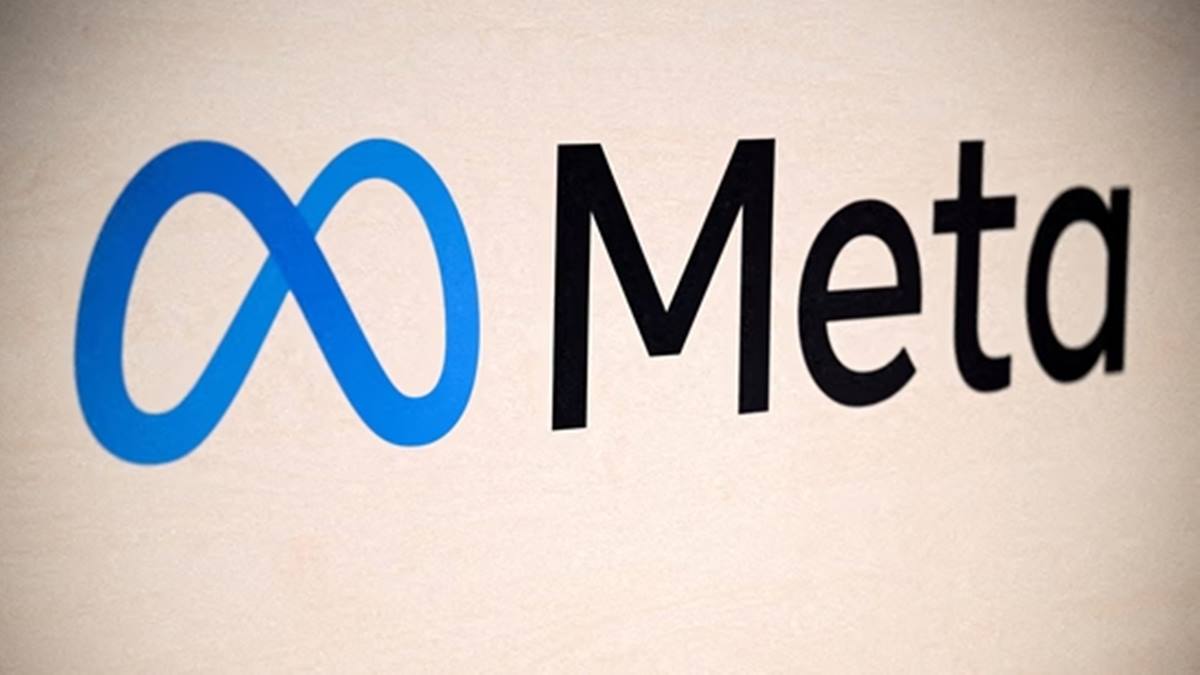Microsoft, the global technology giant, has implemented a significant internal policy shift concerning employee performance management. According to reliable sources, Amy Coleman, the company’s Chief People Officer (HR Head), issued a directive on April 22 mandating that employees identified as underperforming must choose their future path within five days. The directive has sparked extensive discussion among employee circles.
This development follows Microsoft’s internal rollout of a new policy called the “Global Voluntary Separation Agreement” (GVSA). Under this initiative, employees who fail to meet the company’s performance standards are presented with two alternatives:
Performance Improvement Plan (PIP): A rigorous plan with stringent performance goals that the employee must achieve within a designated timeframe to continue with the company.
Voluntary Separation Package: An option to leave the company voluntarily, accepting a severance package equivalent to 16 weeks of salary.
What has drawn particular attention is the tight five-day window given to employees to choose between these two options. This information was communicated through an internal email sent to managers by Amy Coleman.
In her message, Amy Coleman stated that the new measures aim to “accelerate high performance” while “resolving lower performance swiftly and transparently.” She emphasized that the changes are intended to foster “a consistent, transparent global experience” and to cultivate “accountability and a growth mindset.”
Terms and Conditions Apply:
Employees opting for the PIP will not be eligible for the 16-week severance package.
Those who choose the voluntary separation package will be barred from reapplying to Microsoft for the next two years.
Additionally, employees identified as underperformers, or those currently enrolled in the PIP, will be ineligible for internal transfers within the company.
Employee Impact
The five-day deadline imposed by Microsoft’s HR leadership is reportedly causing significant stress among affected employees. The pressure to make a swift, potentially career-altering decision—especially with the caveat of being barred from future opportunities at Microsoft—is generating widespread concern. Critics allege that the company is attempting to offload underperforming staff through a structured but coercive framework.




















